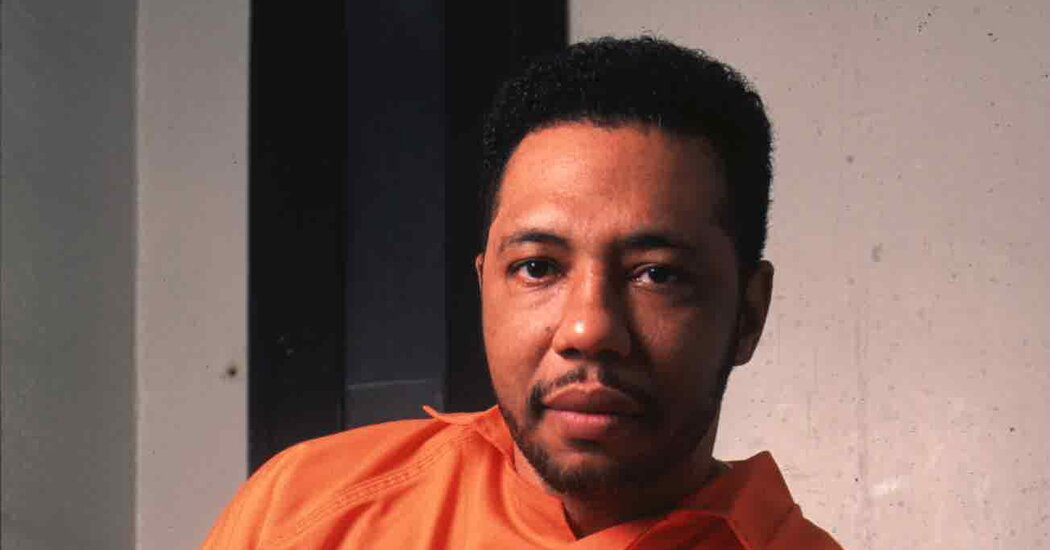Former Chicago Gangster Disciple Leader Larry Hoover Gets Commutation From Donald Trump
A Major Shift in a Decades-Long Legal Battle
In a surprising development that has sparked national attention, former Chicago gang leader Larry Hoover has been granted a commutation by former President Donald Trump. Hoover, once at the helm of the notorious Gangster Disciples, has spent over three decades in solitary confinement at ADX Florence, a high-security federal prison in Colorado.
Now 75 years old, Hoover was serving multiple life sentences for his involvement in organized crime and a 1973 murder. The recent commutation marks a pivotal moment in one of the longest-running and most controversial criminal justice cases in recent history.
Who Is Larry Hoover?
Larry Hoover rose to power in the 1970s as the founder and leader of the Gangster Disciple Nation, a gang that unified several street organizations under the “Folks” alliance in Chicago. Originally sentenced in 1973 to 150–200 years for murder, Hoover continued to influence criminal enterprises from behind bars, which led to a second conviction in 1998 for federal drug conspiracy, extortion, and running a criminal organization from prison. He was subsequently moved to a federal supermax facility and placed in solitary confinement.
Despite his violent past, Hoover eventually distanced himself from gang life and began publicly advocating for peace and community development—a transformation his legal team cites as evidence of rehabilitation.
Commutation Details and Legal Implications
While Hoover’s federal sentence has now been commuted, he still faces a lengthy state sentence for the 1973 murder conviction. His attorneys, Jennifer Bonjean and Justin Moore, expressed both relief and frustration—praising the commutation while noting that courts had previously refused to acknowledge Hoover’s rehabilitation.
“The system showed no interest in his personal growth,” they said in a statement. “But his voice remained alive through advocates, supporters, and his own efforts to transform his legacy.”
The commutation does not mean Hoover will walk free immediately. Legal uncertainties remain about where he will serve the remainder of his state sentence, and the Illinois Department of Corrections has not yet clarified the next steps in his incarceration status.
The Role of Advocacy and Public Pressure
Over the years, Hoover’s case has drawn attention from civil rights activists, entertainers, and community leaders, many of whom argued that he had earned a second chance. His supporters pointed to his shift from street violence to social activism, highlighting his influence on prison reform conversations and urban peace initiatives.
While his detractors see him as a symbol of the violence that plagued Chicago in the late 20th century, advocates argue that his transformation could inspire others within the system.
What Happens Next?
Hoover remains in federal custody at ADX Florence, pending coordination between state and federal authorities. His future may still be uncertain, but this commutation is undeniably a turning point—not only in Hoover’s personal journey but also in the broader conversation around rehabilitation, justice, and redemption.
As questions loom over the logistics of his transfer and the possible reduction of his state sentence, one thing is clear—Larry Hoover's case is far from over, and it will continue to stir debate over how society should treat those who seek to change behind bars.

COMMENTS (0)
Sign in to join the conversation
LOGIN TO COMMENT